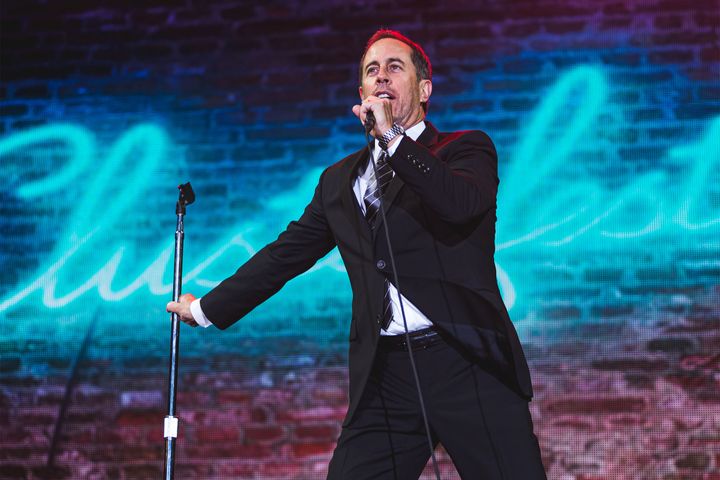
Star Toronto Maple Leafs player to appear at cosplay convention this month
Lovers of all things K-Pop, cosplay, sports cards and gaming from Toronto and beyond are finding a new home this month as an epic event combining the various facets of fan culture lands in the city — and it'll feature an appearance from a much talked-about member of the Leafs.
Taking over the International Centre for the entire third weekend of January, CSC Fancon is the ultimate fan convention for everyone who's beginning to feel antsy waiting for Comicon to return in March.
Proudly bearing the tagline "where worlds collide," the festival pays homage not only to the core pillars of fan culture, like gaming, anime, cartoons and horror, but also expands its reach to include elements like K-Pop Idol competitions, sports memorabilia vendors and live music performances.
According to Canada Super Collectibles, the event's organizers, this year's convention promises to be the biggest and best yet, featuring a host of live music performances, cosplay competitions, a K-Pop Idol showcase and guest pannels.
Running throughout the entire event, the marketplace is set to feature over 100 different vendors offering everything from video games to apparel and paraphernalia.
Whatever you're a fan of, you can rest assured knowing you'll probably find it here.
Not to leave the sports fans in the crowd high and dry, the event will also feature an appearance from Toronto Maple Leafs star Matthew Knies on the Sunday of the event, giving fans the chance to snap a photo or get a puck signed by a legend in the making.
If gaming is more your speed, you can try your hand at a variety of Japanese arcade games like Dance Rush, Taiko no Tatsujin and Project Diva at a pop-up from Yume Arcade, Ontario's only Japanese arcade.
The convention is also set to host the Canadian qualifiers for the Nordic Cosplay Championships to be held in Sweden later this year. Whether you're keen to participate or just see some seriously impressive looks, this competition promises to bring out the cream of the cosplay crop.
The convention takes place from 10 a.m. to 6 p.m. on Saturday, Jan. 18 and 10 a.m. to 5 p.m. on Sunday, Jan. 19, and tickets, priced at $40 for adults and $20 for kids aged six through 12 are on sale now through the event website.
John E. Sokolowski-Imagn Images
Latest Videos
Latest Videos
Join the conversation Load comments







